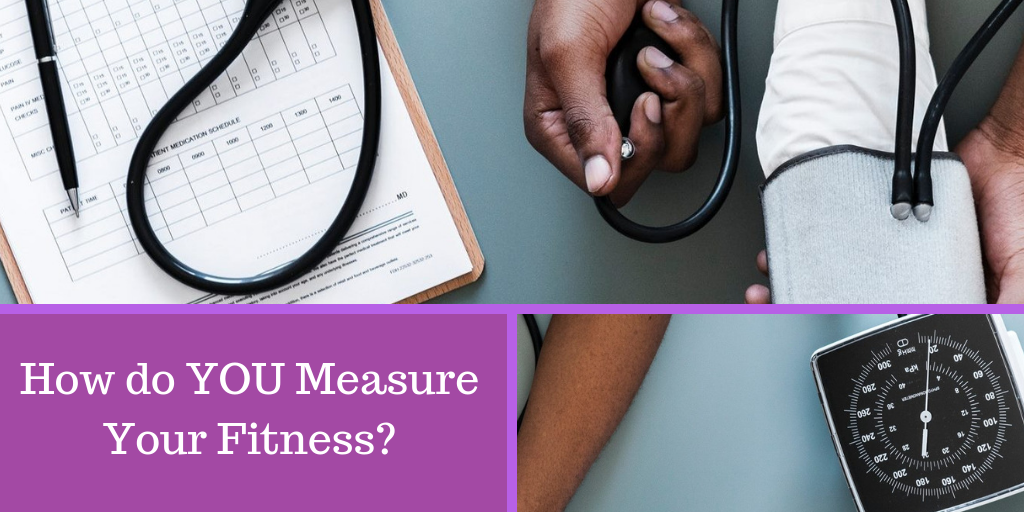How do most women over 50 measure fit?
I am guessing that the first answer would be weight. Maybe stamina vs fatigue?
As women in 2018, we have the opportunity to access so much information, it can be overwhelming and obsessive. Those who know their numbers may point to BMI or A1c or VO2Max. Or waist size or blood pressure.
As I go deeper into focusing on fitness, strength and getting healthy, I’ve discovered that there are always new numbers and measurements to fine tune things.
When I first started running/walking/jogging in 2009, I wanted to know how long it took me to go one lap around the track, one mile and a 5K. Those became numbers I worked toward improving. I hadn’t even heard of VO2 Max and even now, that number is something that I associate with athletes who would be knowing and tracking their numbers.
During my years of going to Weight Watchers from 2007 to 2013, there were weekly weigh ins. During the week, I would be counting points that WW had assigned to various foods. After I reached my goal weight, I stopped counting the points and started focusing more instead on fiber grams, protein and looking at healthy omega fats. I became much more focused on counting the number of minutes I exercised each day.
I began to follow my resting heart rate numbers and maximum heart rate. I learned there are lots of ways to measure fit.
As my health improved, then I was looking into complex carbs vs simple carbs vs processed food. Is white wine really better than red wine (or just NO wine??) Fish vs chicken vs red meat vs beans and other legumes? I joined the nutrition club at my gym.
And the numbers started to become more refined as well. Blood draws to get much more accurate numbers than jumping on a scale in the morning.
For lipids, I’d used to just track only my total cholesterol number. Then it was tracking my HDL and LDL along with triglycerides. Next I was focusing on the particle sizes. For glucose, most of my tests included just one number. Now I’m more interested in A1c.
During this past year I began tracking my sleep — not just the number of hours that I sleep. (I used to count the hours I went to bed and got out of bed.) Now I have information about how long I have had deep sleep, REM, light sleep and awake hours.
Maybe I’m too obsessive about measuring my fitness, but at the same time, I find that tracking is a powerful tool for measuring improvement. It helps me to find out that what I am doing isn’t working or is working.
I’m curious about the other members of the Becoming Elli community. Do you follow your numbers? And if so, which ones and why?
